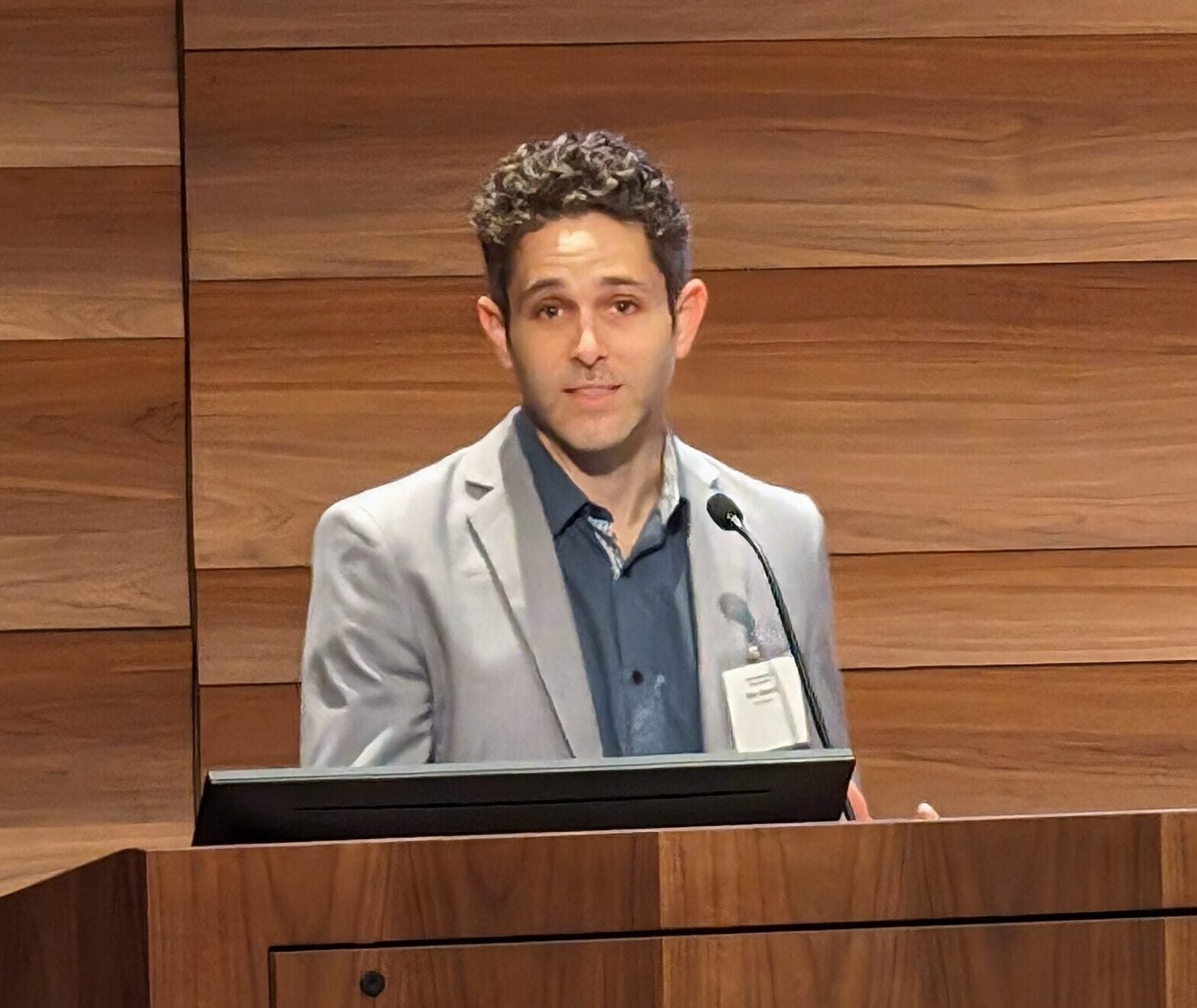Open Sustainability Policy Summit Recap and Video: Integrating Tax and Benefit Policy Analysis into the Energy Transition with PolicyEngine
At the recent Open Sustainability Policy Summit 2024, Max Ghenis of PolicyEngine shared groundbreaking work on integrating tax and benefit policy analysis into the energy transition. Here are the key takeaways from his presentation:
1. Introducing PolicyEngine
Ghenis began by introducing PolicyEngine, a nonprofit organization and open source platform dedicated to public policy analysis. PolicyEngine aims to democratize access to sophisticated economic models similar to those used by institutions like the Congressional Budget Office. Initially focused on individual income tax and benefit policies, the platform has now expanded its scope to include energy policy.
2. Bridging the Gap in Energy Policy Analysis
Ghenis highlighted a significant gap in existing policy models: the lack of individualized impact analysis for energy policies. While there are robust models for tax and benefit policies, similar tools for energy policies such as carbon taxes or energy price guarantees are scarce. PolicyEngine is addressing this gap by integrating these policies into their platform, providing detailed simulations of their economic impact.
3. Practical Demonstrations
During the session, Ghenis provided practical demonstrations of PolicyEngine’s capabilities. He showcased how the platform can simulate the impacts of various policies, including:
- Low-Income Home Energy Assistance Program (LIHEAP): A U.S. program providing aid through the tax code.
- Clean Vehicle Tax Credits: Policies incentivizing the adoption of clean vehicles.
- Carbon Dividends: Hypothetical policies for the UK to forecast their potential impacts.
These demonstrations underscored the platform’s ability to calculate the effects of these policies on individual households and the broader economy.
4. Expanding Reach and Open Source Ethos
PolicyEngine is committed to openness and transparency, providing free and open source tools that are accessible to everyone. The platform has seen adoption across the political spectrum, with usage by organizations from the Green Party to conservative think tanks in the UK. In the U.S., it has been recognized as a digital public good by the UN, with a growing user base worldwide.
5. Future Directions and Collaboration Opportunities
Looking ahead, Ghenis discussed the platform’s future directions, including:
- Expanding the modeling of state-level energy assistance programs across the U.S.
- Enhancing the user experience through a UX redesign project.
- Leveraging machine learning and data processing to refine policy simulations.
- Encouraging collaboration with other organizations, highlighting the open-source nature of their work as a cornerstone for community-driven development.
Ghenis invited stakeholders and policymakers to partner with PolicyEngine, emphasizing the potential for shared data and collaborative efforts to maintain and improve the platform’s models.
For more information on PolicyEngine and to explore their tools, visit their website.
